Hello there,
I don’t know so much about folks in different countries, but here in the US we’ve had “Elf on the Shelf” for a few years.
It’s a cute stuffed elf that you’re supposed to hide around the house, on your mantle or shelf.
This elf then “sees” if the kids in the house behave or not and it “reports” to Santa Claus about your kids so they will get the proper amount of presents.
Really?
Isn’t it bad enough for children to have a vague (or explicit) threat from Santa Claus year round that if they don’t behave they won’t get presents?
Now there’s an elf informant… living in the child’s own house?!
Really?
Maybe I’m “preaching to the choir” with you. But I see troubling issues with this whole concept on many levels.
#1 “Elf on the Shelf” encourages children to be deceitful.
The first problem I have with “Elf on the Shelf” is that it promotes sneakiness in children. I’ve heard stories of thoughtful children putting the elf in a box, turning him around, or covering him up so he can’t “see” them. Rather than inspiring good behavior, Elf on the Shelf inspires “how can I still do what I want and get away with it”.
Don’t misunderstand me here. I don’t think children need to be perfect all the time, but I certainly don’t want to create situations where children think they’re “getting away with something”.
#2 “Elf on the Shelf” focuses children on “getting” rather than “giving”.
“Elf on the Shelf”, as well as any other “behave-or-you-won’t-get-gifts” threat, focuses the child on herself and on the gifts that she is going to get, rather than on what she will give to others.
Most parents want their children, during the holidays AND the rest of the year, to be focused on giving to others, providing for the less fortunate, and imagining what others might like to receive–these cognitive tasks are already a developmental stretch for young children.
So, if you scare a child into thinking “I might not get any Christmas gifts” then you make it less likely that the child will be able to think about giving and being generous to others. We can only be generous when we know that we have enough, it’s easy to share if you have an abundance or if you know that the universe will provide for you. It’s hard to share when you’re scared.
#3 “Elf on the Shelf” decrease children’s motivation.
“Elf on the Shelf” undermines a child’s natural motivation to try hard and do her best. For example, if a child cleans up her room in the hope of getting more presents at Christmas, she’ll be less likely to clean up her room at other times of the year, because there’s no incentive. Why? Because getting an incentive for something lessens the enjoyment of the task itself. Cleaning a bedroom may not be inherently joyful, but even children enjoy being in a clean room.
Once a child is given a reward for something (like cleaning) it robs them the enjoyment that comes from having a clean room or, Heaven forbid!, the enjoyment that comes from cleaning itself. Don’t believe me? That’s okay. There’s an entire branch of psychology that has discovered that rewards almost always undermine a child’s natural motivation, lessen the enjoyment of the task itself, and decrease performance (You can read all about it in Alfie Kohn’s books Unconditional Parenting and Punished by Rewards).
So, I hope that I haven’t offended anyone here. I’m not really a grinch. I love the holidays–the lights, the smells, the time with family, doing traditional activities, creating new traditions, the songs, and the gift giving.
I do believe in supporting children to get what they truly want in life–more connection, joy and love. I don’t believe in the subtle, or overt threats that we tell children about Santa or “Elf on the Shelf” not giving them gifts.
Do you think I’m going overboard with the whole “Elf on the Shelf” thing? Have you found positive ways for using the elf in your own family? I’d love to hear from you.
I will get off my soap box now. Thank you for reading.
May you and your family be filled with warmth, love, and light for the Holidays and every day!
Cecilia Hilkey
Get 6 no-cost gift ideas that will make your family stronger.

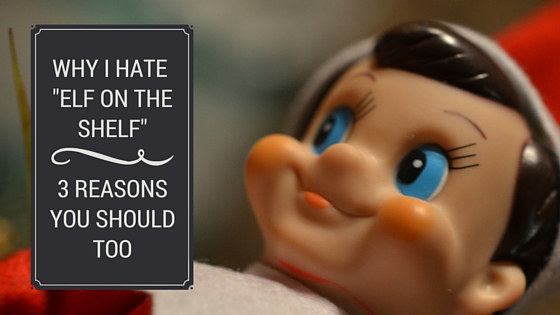
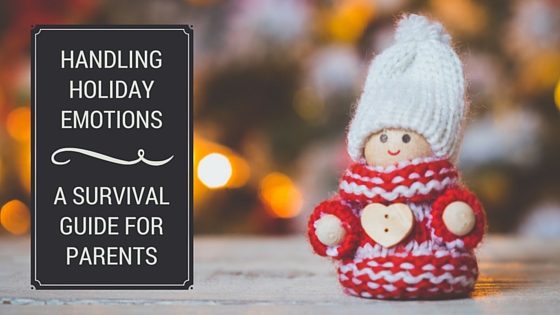
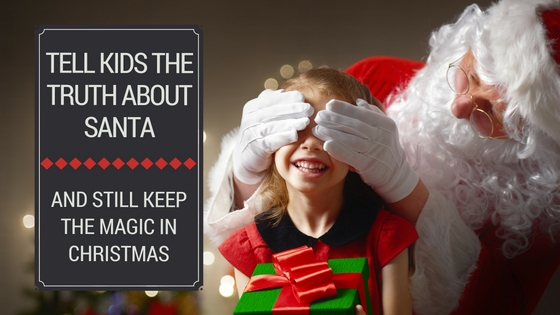
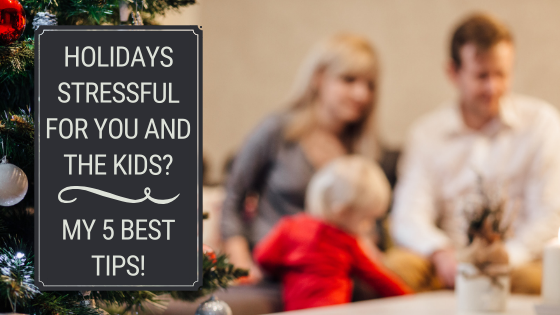
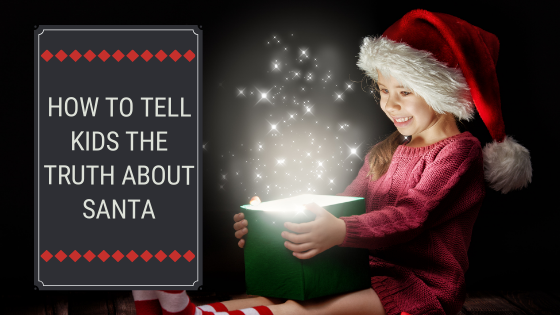
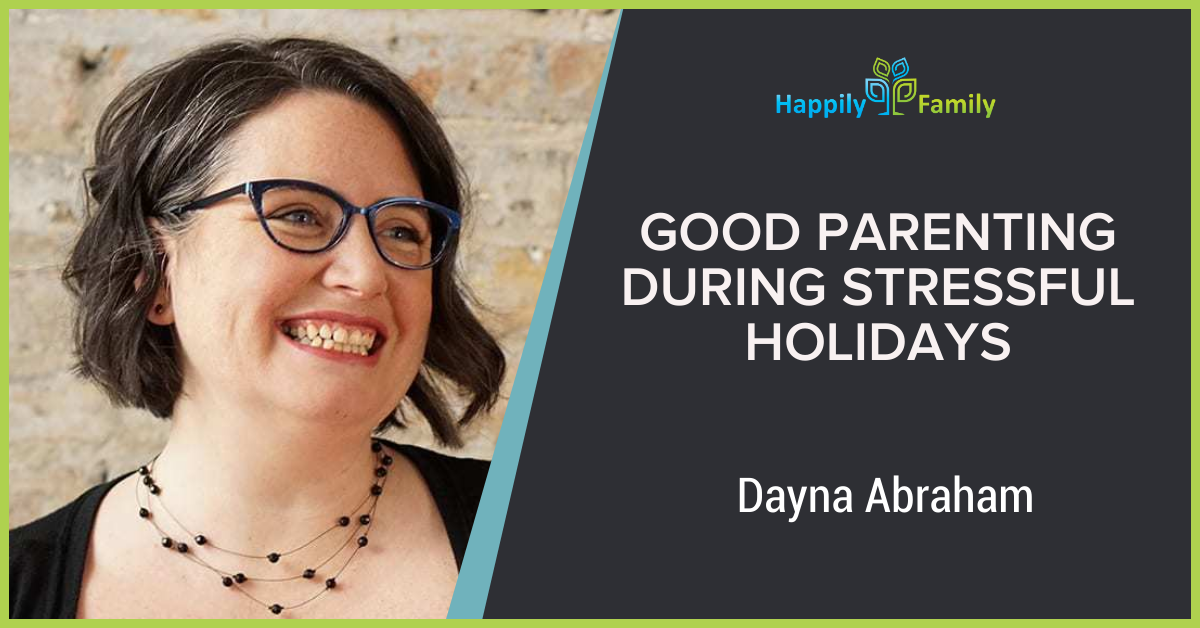
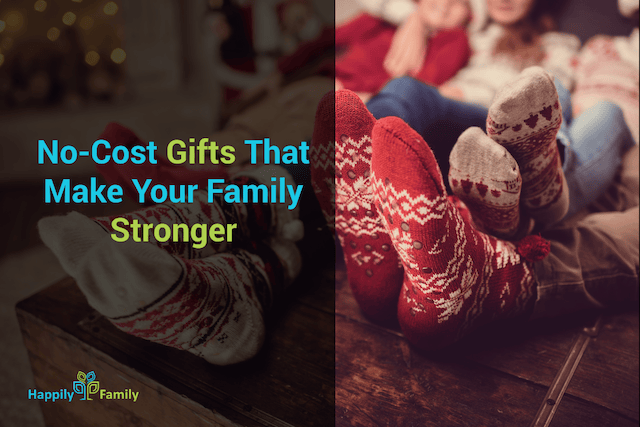
I see it this way: you replace the elf with literally ANY other creature and it becomes something horrifying. totally skipping it with my little one
Whilst I think you make some valid points, I think the Elf on the Shelf tradition can be enjoyed without having to worry about those things.
In our household, the elves are not there to monitor behaviour or catch anyone out; they are just a cheeky bunch of mischievous devils who get up to all sorts.
We have never applied any explanation or context as to why they visit; they just do, and my kids love waking up during the month of December, seeing what mischief they’ve been up to, and watching me and their dad “lose our minds” over the mess they’ve created and the havoc they wreak. Likewise, as their parents, we adore seeing them leap out of bed gleefully to investigate: the excitement on their faces, their eyes filled with magical delight and bemusement at the thought of me and their dad being powerless to put an end to their pranks 😍
Krandus, it sounds like you’ve done a wonderful job and created a lovely tradition for your children, preserving all the fun and magic without the “monitoring”.
I don’t think I’ve ever heard of someone doing it this way, love it!
Last year, my son said “Mom, do you move Candy?(our elf.) naturally, wanting him to believe in Santa, I said “No, they move themselves!” I found him the next day searching up Is The Elf On The Shelf Real? On his Ipad. so then came the talk about Santa! He is 20 now and enjoys playing “the Santa game” with us to help is younger sisters believe!
I’ve had an elf on the shelf for a few years and I never see it doing any harm. (Like, my younger siblings don’t do bad things to it, around it, etc.) I grew up believing in the elf on the shelf and santa claus, and it never affected anyone in a bad way. I think that if you are teaching them the right things about the elf on the shelf it will not affect kids badly. Most kids don’t think of the elf on the shelf as a creepy stalker, but more as a fun visitor that Santa sent.
Thanks for sharing your perspective, Elena.
No ofence but u guys shouldnt post things like this here i’m a kid btw now i know the truth
and linda, i think they are fun waking up in the morning finding elves hiding everywhere… so thats kinda rude
Anna, thank you for commenting. I’m curious, how are the elves used in your family? It sounds like your parents have created a way for them to be fun without the drawbacks that we’ve talked about here.
I hate the thing! We had them years ago. They didn’t make a big thing about them then!
The always listening and informing to it’s superiors is here in the form of Alexa, Siri, and Google Assistant.
Sorry, I should have posted this on the other page: 7 REASONS TO TELL YOUR KIDS THE TRUTH ABOUT SANTA (AND STILL KEEP THE MAGIC IN CHRISTMAS)
No worries!
Hello from Italy,
Thanks for the wonderful workshops (not so easy to attend because of time difference but super valuable) and articles you make available to us parents, even overseas.
Our Christmas tradition is a bit different here. We know know pretty much everything about your Santa tradition but our Santa (we call him “Babbo Natale”, Father Christmas) is (mostly) just a nice guy in a red suit who gives out candies or little presents around Christmas time in the main streets or piazza.
Some families do celebrate Christmas with the “proper” Santa but many (so was mine) have baby Jesus bring the presents at Christmas regardless of how good the child has been (after all Jesus IS about unconditional love).
With my girls though, being my husband American, we followed the whole Santa tradition (write the letter, prove you’ve been a good girl otherwise no gifts etc. – no Elf at least!). Frankly I wasn’t 100% convinced and at times my conscience bothered me. Anyway they asked us if Santa was real when they were 6 and 8 and we told them the truth.
It was a bit of a tragedy I must say and they did tell us they didn’t know if they could still trust us but we are Christians and that was the only lie we’ve ever told them, and they know that, so they got over it rather quicky.
Recently I’ve asked them (they’re teens now) if they would have preferred we had told them the truth from the beginning but their answer was “absolutely not, it was magic”.
Your article though does present an alternative, we thought the only options were Christmas or no Christmas.
By the way, enjoy your Christmas holidays.
Claudia, what a wonderful story thanks for sharing it. I love hearing about traditions from other countries!
Lydia, I usually don’t use the word “hate”. I guess I was feeling passionate when I wrote this article! Because I agree with you that hating something doesn’t promote peace and love. I don’t want anyone to feel ashamed. I do think that parents can make the “elf” be just a fun playful without the unintended negative results I’ve talked about here. I do want to share what I’ve learned and current research help people make thoughtful choices. These are not just my opinions that’s why I’ve included some books that present relevant research.
I don’t know how to log in to respond. This is Lydia. I politely disagree, it’s your opinions on a topic, based upon research. It’s ok, it’s a good opinion and perspective. It’s one that challenges parents to exam how they incorporate their traditions and beliefs.
Your article is entitled “Why I Hate Elf on the Shelf, 3 reasons you should too”. I don’t know how “Hate” promotes peace and love. Hating on something that someone does in their family promotes “shame”. Why is their a right or wrong way to do Christmas? You have valid points and opinions about Santa Claus and the Elf on the Shelf but that’s all it is, an opinion. A family can create something of magic, wonder, and hope with messages of Santa or and Elf on a Shelf, a family can create traditions and memories. Why is their a need in our society to criticize others traditions. Your points are valid and parents should always be taking a look at what they are inadvertently teaching their children. Most parents just love their children and want what’s best.
Hello!
Some much of this I agree with- but, in our house it brings so much laughter! It gives us ways to talk about things in a lighter way. My daughter is twelve and we have been ‘elfing’ For about 4 years. Here’s an example, our entire family loves ice cream, it is often eaten fast. When my child would have great anticipation and find none, she was often grumpy. Well depending on my tween’s hormones this could end poorly- I ate ALL of the ice cream, turned the lid sideways in the bucket with a spoon and put it BACK in the freezer. I put our Elf (with a coat) into the freezer with ice cream on her nose and a hand on the spoon. – yes I have a photo!
The next day elf hunting she found the faux pas. She was very quiet and then calmly said ‘mommy can we get more ice cream? peppy ate it all’ I then flew off the handle and started fussing at the Elf for being inconsiderate and used other words my very smart child has used when upset. She smiled and I saw the lightbulb come on- we then talked about it wasn’t fair to unload on someone else like that and what really is a ‘big’ problem and what is a little annoying. She knows the Elf is me, but we don’t say it, but it gives us lots of ways to discuss things in a less confrontational way. There’s one I use a lot, we tell her the Elf only moves when she feels silly. If there’s some yelling, not cleaning up messes, etc- Peppy does not move and she will ask ‘why didn’t she move?’- then I’ll say something like ‘well we were arguing yesterday she may not be feeling very silly, let’s both try to make her feel happy, – My child love the crazy things I have her do – so not moving her hits home.
Oh dear this was long!!
Anyway I really do think Elves CAN be good.
JH
I love what you’ve said here, Jennifer! I think it’s great to play with the elf, especially as you say here, because your daughter knows the elf is you. Play away! Thanks for sharing the lovely story!
Kirsten, that’s a tricky situation… maybe the elves can move into grandma’s house for the season?? Or maybe it’s time to “come clean” with your kids and have your kids be in charge of the kindness elves for a bit?
That makes sense to me, Sabrina. I think the most important questions to ask with ALL of our parenting decisions–not just Elf on the Shelf–is “Will this help or hurt my child in becoming who he is meant to be in the world? Will this help or hurt my relationship with him or his relationship with himselves?”
I would like to inform you that I do sort of agree with you about the whole clean your room thing but the elf on the shelf wasn’t intended to be forcing children to behave it was intended to be a family tradition
Agreed as well. I heard about it from children I taught skiing to, but never even considered getting it. I absolutely don’t like the message — gifts are never about good behaviour, it has always been about the joy of the giving and receiving — and anyway I think it looks creepy. I have a son who intensely dislikes clowns, mascots and dressing-up (he has not participated in Hallowe’en since Gr 3) and just having it in the house (fulfilling no function at all) would have probably traumatized him. Furthermore, my son now likes to joke about the Santa Claus song “You better watch out,” by commenting, “Santa Claus: Jolly old elf or psycho stalker.” I feel the same about the elf.
Agreed! Looks creepy!
Agree! We did it last year and it was really stressful for our son. He was convinced Santa wouldn’t bring him any toys because the elf would report all his mistakes. Finally the elf had to bring a note assuring him he’s a good kid and will get presents. I will never get it out of the closet again. It didn’t inspire better behavior at all.
Oh, man… good for you for seeing what was happening and adapting with the note.
Yes, Elf on the shelf is a no for me, as a grandmother and was as a mother. You are trying to manipulate your child rather than teaching them to behave because it is the right thing to do.
Judy, agreed. It’s so much more powerful to teach children that their actions affect others and allow them to adjust their behavior, not to please others always, but to recognize that we impact others in negative and positive ways.
The elf on the shelf has always rubbed me the wrong way too.
Not only creepy, but the tin foil hat wearer in me also sees it as normalizing surveillance at a young age too!
Agreed. Except I had to ask Jason to explain the “tin foil hat wearer” reference. Ha!